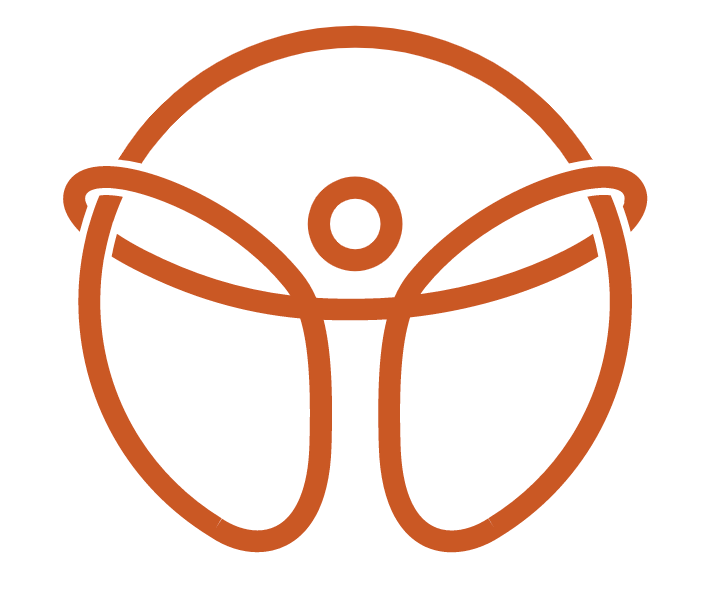Exploring Alternative Treatments for Tinnitus: A Simple Guide
Tinnitus is a condition where you hear ringing or buzzing in your ears, but there's no clear reason why. When doctors can't find a cause, it's called idiopathic tinnitus. This type can be especially frustrating because it’s hard to treat. However, there are several alternative treatments that can help manage the symptoms. Some of the most promising options include acupuncture, muscle relaxation exercises, sound therapy, stress management, and cognitive behavioral therapy (CBT).
What Is Idiopathic Tinnitus?
Before diving into treatments, it’s important to understand idiopathic tinnitus. When tinnitus is linked to something specific, like an ear infection or exposure to loud noises, doctors can usually treat the cause, which often helps with the tinnitus. But with idiopathic tinnitus, there's no clear cause, so treatments focus on reducing symptoms and improving quality of life rather than curing the condition.
Acupuncture: A Traditional Treatment
Acupuncture is an ancient practice from Chinese medicine that involves placing thin needles in specific parts of the body. This is thought to help balance the body's energy, known as "Qi," and promote healing. For tinnitus, acupuncture may help by improving blood flow and reducing stress, both of which can influence the severity of tinnitus. Some people have reported that their tinnitus symptoms are less intense after acupuncture, making it a valuable option when other treatments don’t work.
Relaxing Tight Muscles in the Neck and Shoulders
Another way to manage tinnitus is by addressing tightness in the neck and shoulder muscles. When these muscles are too tight, they can make tinnitus worse. Exercises that target these muscles, like stretching and strengthening routines, can help reduce tension and improve posture. As a result, the intensity of tinnitus may decrease.
Notch Therapy: A Personalized Sound Treatment
Notch therapy is a newer treatment that uses sound to help with tinnitus. The idea is to listen to music or sounds that have been specifically modified to exclude the frequency of the tinnitus noise. Over time, this can train your brain to ignore the tinnitus sounds, making them seem quieter. While still relatively new, notch therapy shows promise, especially when used with other treatments.
Managing Stress and Using CBT
Stress and anxiety can make tinnitus worse, so managing stress is a key part of treatment. Techniques like mindfulness meditation, deep breathing, and yoga can help lower stress levels and, in turn, reduce tinnitus severity. CBT is another helpful approach that focuses on changing the way you think about tinnitus. It helps you manage the emotional impact of tinnitus, making it easier to live with the condition.
Final Thoughts
Idiopathic tinnitus can be tough to deal with because there’s no clear cause, but a mix of alternative treatments can offer relief. Acupuncture, muscle relaxation exercises, notch therapy, stress management, and CBT are all tools that can help you manage symptoms and improve your quality of life. At MVMT STL, we focus on a holistic approach, providing personalized care to help you regain control over your life. If tinnitus is affecting you, our team is here to support you on your path to better health.
Pete Stadalsky, DC, RMSK®, Cert. MDT
pete@mvmtstl.com

